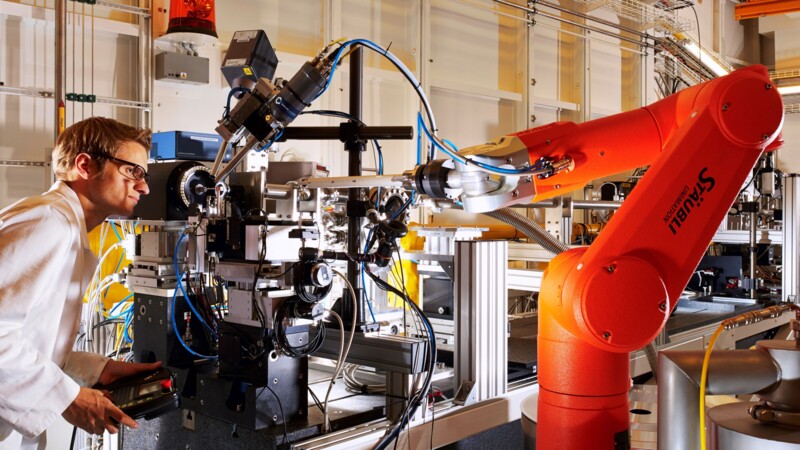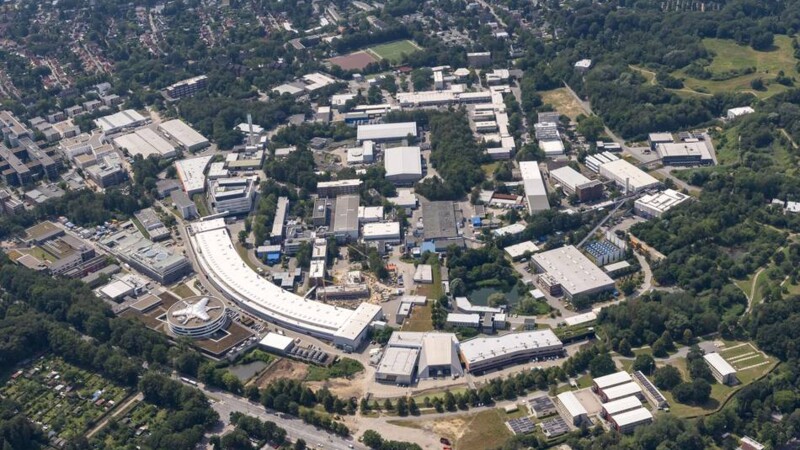More experiments are being conducted to test whether these substances can reduce or even stop the reproduction of the virus. The researchers are also investigating four proteins that allow for the replication of the coronavirus. Two stem from the virus itself and two are human proteins. The aim is to use the characteristic scattering pattern to calculate the atomic structure of the protein.
Scientists at the University of Hamburg's Cluster of Excellence "CUI: Advanced Imaging of Matter" and researchers at DESY have identified 13 out of 5,600 known active substances, which are suitable for an active substance against the coronavirus. The remaining active substances stem from a library at the Fraunhofer Institute for Molecular Biology. Prof. Dr. Christian Betzel and Prof. Dr. Arwen Pearson at the University of Hamburg's Cluster of Excellence "CUI: Advanced Imaging of Matter" are researching the molecular structures of various corona-relevant proteins with scientists at DESY using the X-ray light source PETRA III.
Researching virus-propagating proteins
Key-lock principle enables evaluation of the active substance
The researchers have so far concentrated on investigating the possible binding of already known medicines to the selected proteins. The binding functions like a switch that either turns off the activity of the proteins - and thus stops the proliferation of the virus - or prevents its absorption into human cells, thus enabling treatment of COVID-19. This method, also known as the "key-lock principle", facilitates the examination of where and how the medicine actually works. The active ingredients, found in the context of the initial work, will be tested in experiments with cell cultures. The research team consists of scientists from the University of Hamburg, the German Electron Synchrotron DESY, the University of Lübeck, the Max Planck Society, the European XFEL, the European Molecular Biology Laboratory (EMBL), the Fraunhofer Institute for Molecular Biology and Applied Ecology (IME) and the Bernhard Nocht Institute for Tropical Medicine in Hamburg.
js/pb
Sources and further information
More
Similar articles

Coronavirus research going full speed ahead in Hamburg

HAW Hamburg co-ordinating "Covid-Treat" database

EUR 7.5 million for leading research in Hamburg
